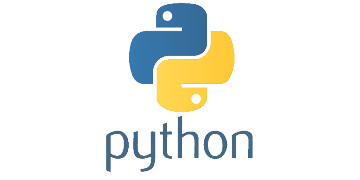New research reveals a surge in AI app development, with an average of 90 new applications created daily in 2023. Snowflake’s report highlights Python as the programming language of choice for AI development, due to its ease of use, strong community support, and extensive libraries and frameworks.
The report also explores trends in AI applications. Snowflake’s data, gathered from over 9,000 customers, indicates a significant rise in chatbots powered by Large Language Models (LLMs). These chatbots now make up 46% of all LLM applications, compared to just 18% in May 2023. Jennifer Belissent, Principal Data Strategist at Snowflake, attributes this growth to our natural tendency to interact conversationally:
“Conversational apps are on the rise, because that’s the way humans are programmed to interact… We expect to see this trend continue as it becomes easier to build and deploy conversational LLM applications, particularly knowing that the underlying data remains well governed and protected.”
Data remains a central topic in AI. Snowflake references an IDC report stating that a staggering 90% of the world’s data is unstructured, consisting of video, images, and documents. This reinforces the importance of a strong data foundation before venturing into AI, as countless studies have emphasized. Snowflake echoes this sentiment: “Clean data gives language models a head start.”
There’s positive news: enterprises are processing unstructured data at a rate 123% higher than last year. However, there’s still significant progress to be made. Belissent emphasizes the need for enterprises to focus their data strategy on “breaking down data silos even faster and opening up access to data sources.”
While AI is still a young technology, companies are actively learning and adapting. This Snowflake study provides valuable insights into emerging trends, highlighting the critical role of Python and data governance in the future of AI.




